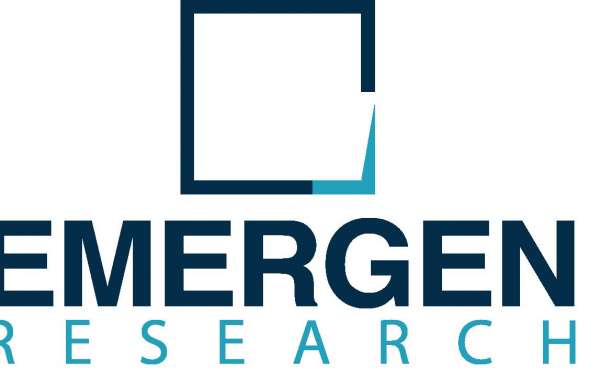LSD is a psychoactive drug that can produce a wide range of effects. Some users report a feeling of joy, wonder and heightened sensitivity. Others experience confusion and panic.
While there is no physical addiction to LSD, continued use can lead to tolerance. This means that a larger amount of the substance is needed to get high, which can lead to addiction and behavioral problems.
Detoxification
LSD is a psychoactive substance that causes changes in mood, sweating, appetite loss, and psychedelic effects such as audio and visual hallucinations. It can also cause a variety of physical side effects, including respiratory depression and dizziness.
Detoxification is a medical treatment that can help people who are addicted to drugs like LSD. It involves removing the drug from their system and preparing them for ongoing treatment.
During detoxification, patients are monitored closely and receive medical attention as needed to reduce withdrawal symptoms. Doctors may administer medications such as benzodiazepines to calm anxiety and antidepressants to improve mood.
Because the withdrawal process can be unpredictable, it is important to evaluate the patient’s predicted withdrawal severity and medical or psychiatric comorbidity. This information will help doctors decide the best way to treat the client and alleviate withdrawal symptoms. It will also help clinicians determine if it is appropriate for the patient to continue their treatment after they have completed their detoxification.
Rehab
Rehab is the term used to describe a drug treatment program that helps people overcome addiction. It’s a holistic approach that addresses the physical, mental and spiritual aspects of recovery to help you achieve lasting sobriety.
Rehabilitative programs offer a variety of treatment options, including residential rehab or outpatient services. Generally, residential rehab is more effective than outpatient programs, but both can be helpful in some cases.
Inpatient drug rehab provides patients with a therapeutic environment that’s conducive to sobriety. It also offers a supportive network of clinicians and other clients in various stages of recovery.
Rehab is a long process, so it’s important that you find a treatment plan that works for you. It’s also important that you choose a facility with experienced staff and a devotion to helping you get sober. Rehab can also be expensive, but insurance can cover some or all of your costs.
Counseling
LSD is a drug that affects the brain, so treatment is needed for those who have become addicted to it. Counseling is an effective treatment for a variety of mental health conditions and substance use disorders, including addiction to LSD.
The Recovery Village offers counseling services for individuals who are struggling with LSD abuse, as well as those with co-occurring substance abuse and mental health issues. Our therapeutic approach relies on comprehensive assessments and treatment planning, along with ongoing support and case management to ensure the best possible outcome for our clients.
One of the main reasons why LSD is abused is because it causes hallucinations and changes in the way users think. It can also cause people to feel disconnected from reality and see themselves as “out of body.” Using LSD can also lead to injury, including severe burns to the skin.
Support Groups
The hallucinogenic drug LSD is among the most commonly abused substances and has a long list of health consequences. These include: elevated blood pressure, increased body temperature, dilated pupils, nausea, tremors, muscle spasms, rapid heartbeat and loss of hearing.
A support group is a non-clinical relationship where people who have suffered from a substance use disorder come together to share experiences and skills to help each other recover. These groups are commonly referred to as peer to peer organizations.
Usually organized as part of a larger treatment program, these groups can be found throughout the community and are designed to provide socially supportive communication and exchange of recovery and addiction related information and skills.
These groups often feature an array of fun activities, including a few esoteric activities. Besides the most common functions of these groups, such as group counseling, social activities and outreach efforts to local communities, they can also offer unique and innovative approaches such as peer support programs, advocacy training, and sober living tips








